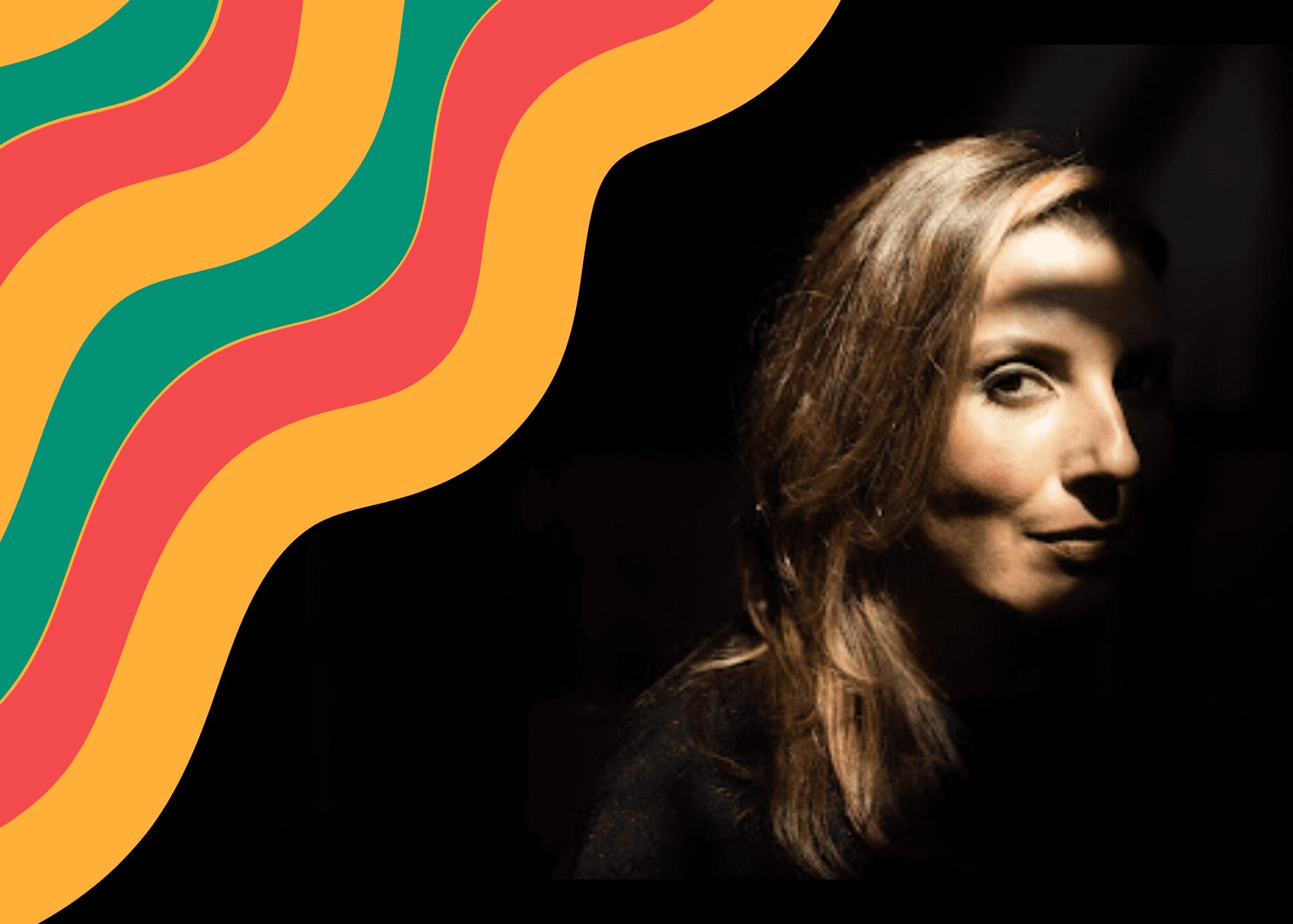Lulu Garcia-Navarro: On the Record With Lateenz!
Award-winning New York Times journalist Lulu Garcia-Navarro talks about her life as a teenager, her career in journalism, and what it’s like to report on wars and other conflict zones.
By Lindsay López-Isa Lamken
Lourdes Garcia-Navarro – or “Lulu” as she likes to be called – is a prominent American journalist. She was born in London, England to Cuban parents (with some Panamanian ancestry). When she was young, her family moved to Miami, Florida.
Lulu Garcia-Navarro is currently employed by the New York Times as the host of an opinion podcast, and she’s also a contributor to the paper’s Opinion section. Over the course of her career, she has made many significant contributions to the world of journalism. She has worked for the BBC World Service. the Voice of America. Associated Press (AP) Television News, and Associated Press (AP) Radio. In 2004, she started work for National Public Radio (“NPR”) where she spent the larger part of her career (17 years!) in different roles (including international correspondent and bureau chief in Brazil, Israel, Mexico, and Iraq; host of NPR’s Weekend Edition-Sunday program; and host of NPR’s morning news podcast, Up First).
Lulu Garcia-Navarro has reported from all over the world, even risking her life in various war zones and other places experiencing severe violence, in order to tell the stories of the people involved. She has won major journalism awards for her coverage of important world events such as the pro-democracy Arab Spring movement, migration in Mexico, environmental damage to the Amazon rainforest, and the #MeToo Movement.
Lindsay López-Isa Lamken: First off, I have to say that I am so grateful and excited to speak to you. In some way, I feel like I have known you for most of my life, because I grew up listening to your stories on National Public Radio driving to and from school in the car with my mother. The first time I heard your name, I was probably around eight or nine years old. I remember being surprised, because my mother’s name is also Lourdes. I had never known or even heard of anyone else with my mother’s name at the time, and hearing you on the radio normalized it a bit for me. And then you were always travelling around to new and exciting places – Brazil, Mexico, Iraq – being in the middle of important things that were happening around the world. So, I guess what I’m trying to say is that it’s a big deal for me and many Hispanic teenagers that you are in the media doing serious journalism. You are a role model to me, and I’m sure, many others.
Lulu Garcia-Navarro: That’s incredibly moving. Thank you so much!
Are you conscious of being a role model to other Hispanic/Latinx young people when you do your work? Is that something you try to do?
Lulu Garcia-Navarro: Absolutely! It’s feels weird when you have this word attached to you like “role model” in the sense that I live my daily life like everyone else, and my daughter obviously finds me annoying like all kids find their parents annoying. But I do think it’s important to see and have people to model yourself on. That’s what “role model” means; it means that you can make the imaginative leap to see yourself in spaces where you might not have seen yourself before and to find connection and identity. For me, it’s important to show that Latinas and Hispanos can be in spaces where perhaps we might not have been before – such as reporting from war zones in the Middle East – and that no matter where you find yourself in the world, you can find a Latino to look up to and identify with.
What’s happened in America for a long time is that Latinos have been “invisibilized.” Our history has been sidelined, and our contributions to this country have been minimized. It’s important to me to show young people that – “No, we are here!” You can find us in every walk of life, and we make enormous contributions to the fabric of America.
Because Lateenz is a magazine for teenagers, I’d like to ask you to reflect a bit on your life when you were a teenager. What do you most remember from that time in your life?
Lulu Garcia-Navarro: Well, I was grumpy! Being a teenager is hard. You are trying to find who you are in the world. You are changing from being a child – somebody’s son, daughter, kid – to finding your own voice. For me it was similar; I experienced a lot of changes in my teenage years. I started to become interested in issues of global importance. I wanted to understand the environmental movement. I was interested for the first time in all these different issues. Also, within that, I started to really think about my own identity and where I fit into things.
Identity is an interesting concept; it can have many manifestations. I grew up in Miami, which is sometimes called “the northernmost city in Latin America,” because so many Spanish-speaking people live there. You can walk into a store in many parts of town, and it’s common to speak Spanish rather than English. I grew up in a very tight-knit Cuban community. We were completely bilingual; we spoke to each other in Spanish and English and were always just surrounded by Cubans. It took me a while to understand that wasn’t the norm in the rest of the United States! Also, growing up surrounded by the Latino community, I didn’t understand the way the rest of the world saw us.
I became a citizen just recently in 2017. When I was a teenager, I only had permanent resident status. And I had an experience where I had been travelling outside the country, and on my way back into the U.S., I had a very unpleasant interaction with a U.S. border guard. That’s when it hit me that not everyone views our community the way I view our community.
Many teenagers feel stressed when people ask us what we want to do with our lives or what our passion is. I don’t think there are many teenagers who have it all figured out. Did you already know that you wanted to be a journalist when you were a teenager? Or did your interest develop later?
Lulu Garcia-Navarro: It’s interesting that you ask, because I recently looked back at diary that I kept in my senior year of high school. In it, I wrote a letter to myself, where I said that I wanted to be a journalist. I find that weird, because I didn’t write for the high school newspaper. And I didn’t write for the paper in college either. But there was something in me even then that wanted to explore the world and understand it.
I ended up majoring in Latin American studies in college, and after that, I parked the journalism thing for a long time. I didn’t come back to it until my late 20s. I started becoming a journalist when I was 27, so it took me a while to find my way back to this thing that I have devoted my entire life to.
I guess what I would say to young people is that you don’t have to know. Life is going to bring you all these different types of things, and you don’t have to know what you want to do right away. It may take you a while to find the thing that you end up doing. That was the case with me.
So it might not exactly be what you expect, but it comes eventually.
Lulu Garcia-Navarro: Exactly, yes!
Do you have any advice for young people that are thinking of becoming journalists?
Lulu Garcia-Navarro: Journalism is so important, and right now it’s under threat and changing quite a bit. Journalists are really struggling to define the profession in this new era. I don’t know how familiar you are with the situation within the journalism world, but, in recent years, tens of thousands of jobs have been lost in newsrooms across the United States. These losses are happening because of all the changes we are seeing in the way people consume the news. The popularity of social media has affected the way that newspapers are financed. So, it’s a really tough profession right now. At the same time, it’s so important for young people to be engaged and interested like you are and to try to chronicle and figure out what is relevant to them.
What I would say to any young person who wants to be a journalist is that journalism isn’t just about writing things down or recording things or speaking in public. The core of journalism is being curious about the world, asking questions, and making sure that you get good answers. And the skills that you learn in journalism are applicable to so many different types of jobs. Journalism teaches you to dig deeper, to synthesize information in a way that people can understand and easily digest, and to communicate well.
But beyond that, it’s also vital for democracy. Studies consistently show that when newspapers shut down in local communities, taxes go up and civic engagement goes down. And that’s because you don’t have watchdogs anymore looking at what elected officials are doing. So they end up charging more for things than they should, and people become less interested in voting which is fundamental to our democracy. Journalism is critical to the democratic process, and that’s why it’s protected in the very First Amendment of the Constitution.
Did you ever feel that anyone discriminated against you or underestimated you as you built your career because you are woman and Hispanic? If so, how did it make you feel, and how did you deal with it?
Lulu Garcia-Navarro: All the time. Being a woman is hard because you face many built-in biases. Studies that look into how women are expected to behave show that we are judged more often than men by our appearance, by our voice, and by our manner. There’s even a phenomenon called the “likeability trap” that female politicians experience. People want female politicians to be nurturing or likeable, but they can’t be too likeable, because then they are perceived as not tough enough. As women, we have a lot of things that can work against us, because of all these preconceived notions of what women are and should be. That’s the first thing I’d say in response to your question.
The second thing I’d say is that, if you add any marginalized identity on top being a woman, you will face even more challenges. If you are Hispanic, black, transgender, or anything else that sets you apart, it is going to make it more difficult for you to enter elite spaces or spaces in which men have predominated. The way I have tried to navigate that space is, frankly, with great difficulty.
When I became a host at NPR, I would get letters all the time from people criticizing my voice, saying that I sounded too high pitched, and that I was laughing too much. They questioned why I was putting so much Hispanic content on the air, saying that it was ridiculous. You get a lot of people’s preconceived notions. I would write back to some of them and try to engage in a dialogue. Most people wouldn’t recognize their prejudices. To them, their preconceived notions were “just the way that I feel and think.” Many people don’t realize that they are ingrained to think of others in a certain way and put them into mental boxes. Fortunately, we are starting to have a much broader societal talk about how we view people, why certain spaces closed off to certain groups, and what we can do about it. I think that more we talk about it, the better it is. But the difficulty is real, it’s totally real.
You have been in a couple of warzones during your career, first in Iraq in 2003 after the US invaded to remove Saddam Hussein, and then in 2011 and 12 in Libya in the civil war that resulted from the Arab Spring movement. How did you find yourself in these dangerous places? Was it your choice to go there or were you assigned?
Lulu Garcia-Navarro: I’ve covered at least ten conflicts, starting very early on in my journalism career. In 1999, I was sent to cover the Kosovo war for the Associated Press. Once I did that, I realized it was something that I was good at and that I wanted to pursue more.
Conflict reporting is one of the hardest types of journalism. It’s very traumatic and difficult, but, at the same time, you get to see people on the worst and best days of their lives. Some people act in absolutely horrific ways, but there is also incredible heroism, and telling those stories was really important to me.
I spent most of my career going back and forth between the Middle East and Latin America. I also covered the Mexican drug war and the Colombian civil war. It’s natural to think of wars and conflict as something that happens with tanks and front lines – and that is truly one part of it – but in much of Latin America and other parts of the world, there are different types of conflicts that are just as deadly and terrible. They just don’t manifest themselves in the same way. So, I spent a lot of time covering those types of conflicts as well, because they are just as important.
Was it really scary when you were there? How did you feel and cope with it?
Lulu Garcia-Navarro: I was terrified! You have to be scared. It’s what keeps you and the people with you alive. If you’re not feeling fear, you’re kind of crazy, right? There are people shooting at you! Fear is what makes you behave in way that’s cautious and keeps everyone as safe as possible in a very unsafe environment.
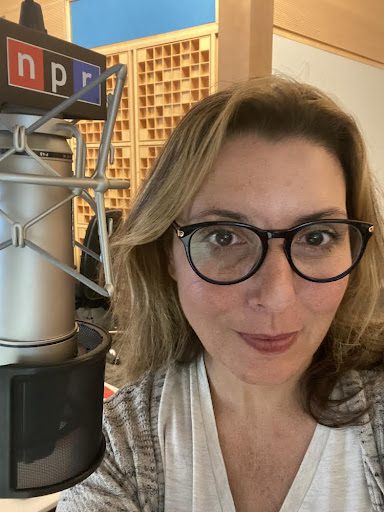
Looking back, I’ve had a lot of terrifying experiences. I have been shot at. I have had bombs go off near me. I’ve had just any number of hard and terrible experiences covering war zones. And I have suffered from post-traumatic stress disorder caused by many of these experiences. It was very hard to cope with that. I talk about my PTSD publicly, because it’s important for people to understand that mental health is affected by traumatic events. And it doesn’t have to be as extreme as covering wars. It can be any number of different things. We are going through a mental health crisis in this country, and young people especially are struggling to get help. It’s important for me to show that all sorts of people suffer from mental health issues, and so I acknowledge that I was one of them.
You have had so many amazing assignments and received so many awards for your wide-ranging work. To name just a few highlights, you have covered the Arab Spring movement and conflict in Libya, migration in Mexico, the state of the Amazon rainforest in Brazil, the #MeToo movement, and you have talked about PTSD. Which of your accomplishments are you proudest of and why?
Lulu Garcia-Navarro: What I’m most proud of is being the first Latina to host an NPR news program. It makes me sad that it only happened in 2017. I think that says something about the state of the journalism industry. But I’m proud that I have been able to raise the profile of the Latino community on a major news network and engage in conversations about how we use Spanish on the air, how we pronounce names, and what kind of stories we are elevating. These to me these are essential questions. As a journalist working out in the world, I covered things that were really important. But they were about a moment in time. Being able to sit in a chair and address millions of people and try to elevate the stories of an entire community – to me, that is the most profound thing I’ve done so far.
So, it wasn’t a specific accomplishment, it was the whole act of what you were doing.
Lulu Garcia-Navarro: Yes, the whole act of what I was doing. Of course, I’m proud of many of the stories I have done over the years. And I think that I may even have helped changed some people’s lives for the better. But as a journalist, having the opportunity to shape the way millions of people understand something, that is the highest calling you can have.
I was a host at NPR during some of the most turbulent times in American history. I started in the chair at the beginning of the Trump administration, and reported through the #MeToo movement, the mass shootings of Latinos, Jews and others in 2019, and then, of course, the protests for racial justice. These are enormously consequential movements that are shaping this country. To be able to talk to people about that and help them understand what is happening – I don’t think there is anything more you can ask as a journalist.
Speaking of movements and controversy, I’d like to get your thoughts on the different opinions people have about the term Latinx. I know you have done a piece on this. We had a hard time choosing the name for this magazine, because every way of trying to describe the community of people that have roots in Latin America seems to leave somebody out or is potentially problematic to certain groups. We don’t want to offend anyone and be as inclusive as possible, and we know that some people object to the use of the term Latinx. In the end, we wanted a name that was distinctive and easy for teens to remember, so we went with Lateenz, which is a combination of “Latino” and “Teens.” Do you have any advice for us on navigating these issues?
Lulu Garcia-Navarro: The Latino community is highly complex, because it’s an ethnicity, not a race. It involves many different types of identities. There are, for example, black Latinos, Latinos of different genders and gender identities, and indigenous Latinos. The term Latino is an amalgamation of many different peoples. Also, the history of the term Latino is very convoluted. It’s a political term, created to help give political power to a very disparate group of people.
I think it’s important for us as a community to examine ourselves and think about who and what we are. In terms of how to handle the controversy, I tend to just ask people how they want to define themselves. If you want to use the term Latinx or Latine, that great. It’s true that it may make the older generation and others uncomfortable. They see themselves differently for reasons that are deeply rooted in their own struggles as Latinos. Others don’t even like the terms Latinos or Hispanos. They they like to call themselves Cuban-American, Mexican-American, and so on. They identify much more with their country of origin. So, my advice is to not try to nail things down. Language is fluid. Language evolves. We need to be open to that evolution, but we also need to refrain from judging people if they aren’t ready or interested in adopting a particular term. We are a very large and diverse group, and I think there’s room for all of us.
Thank you so much for your time. It’s been amazing speaking to you!
Bonus: Some tips from Lulu Garcia-Navarro on conducting a good interview.
- Be prepared: Do your research and know what the person’s story is.
- Have your audience in mind. Ask questions about the kinds of things your audience is interested in.
- If the interviewee doesn’t answer the question you asked, follow up on it!
Related articles
-
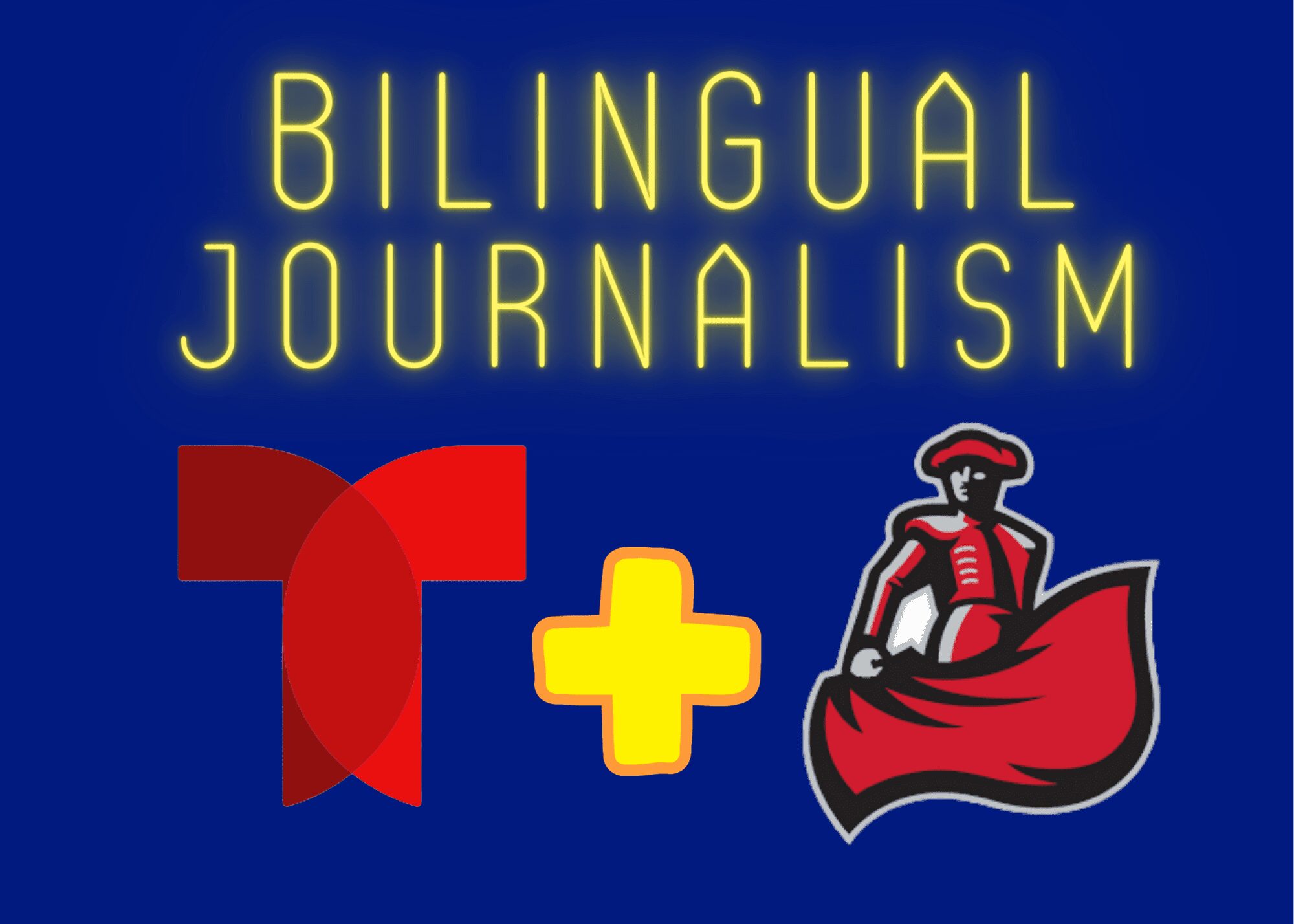 Student LifeCollege Spotlight: Telemundo Starts a Journalism Training Program at Cal State NorthridgeAugust 10
Student LifeCollege Spotlight: Telemundo Starts a Journalism Training Program at Cal State NorthridgeAugust 10 -
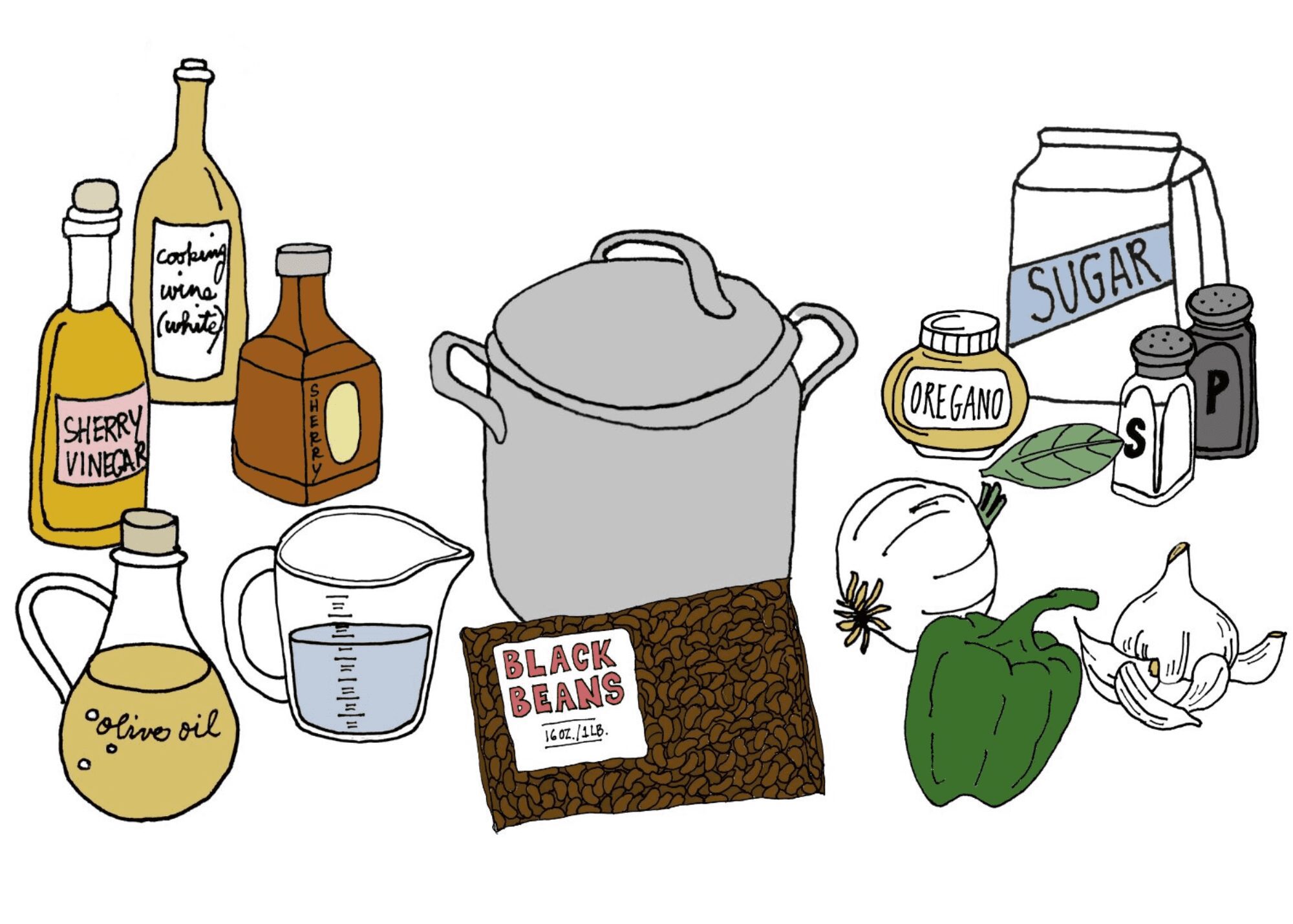 CookCook: Best-Ever Cuban Black Bean Soup Over Fluffy Cuban White RiceApril 06
CookCook: Best-Ever Cuban Black Bean Soup Over Fluffy Cuban White RiceApril 06 -
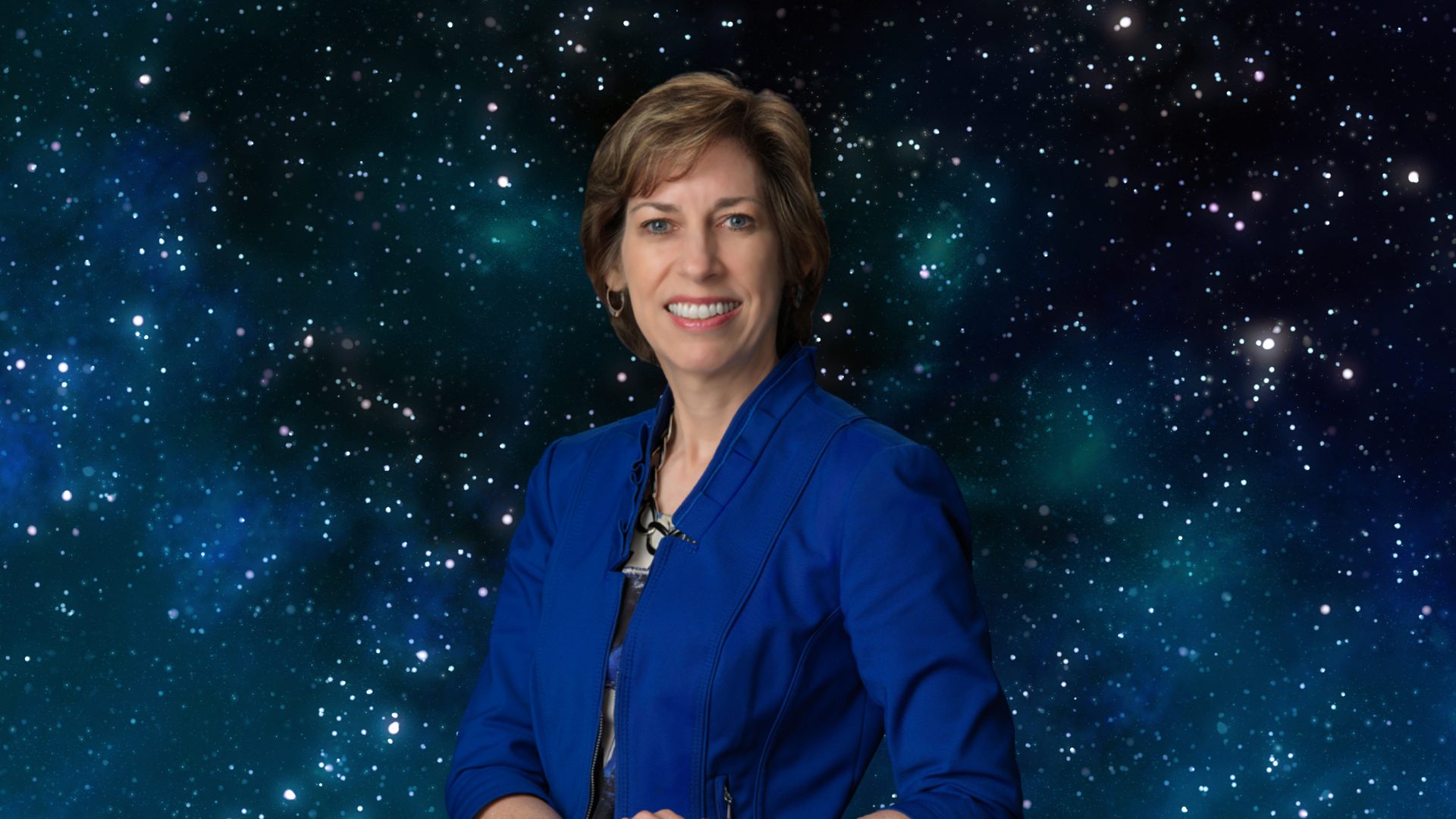 Info / InspirationEllen Ochoa Is Out of This WorldApril 06
Info / InspirationEllen Ochoa Is Out of This WorldApril 06 -
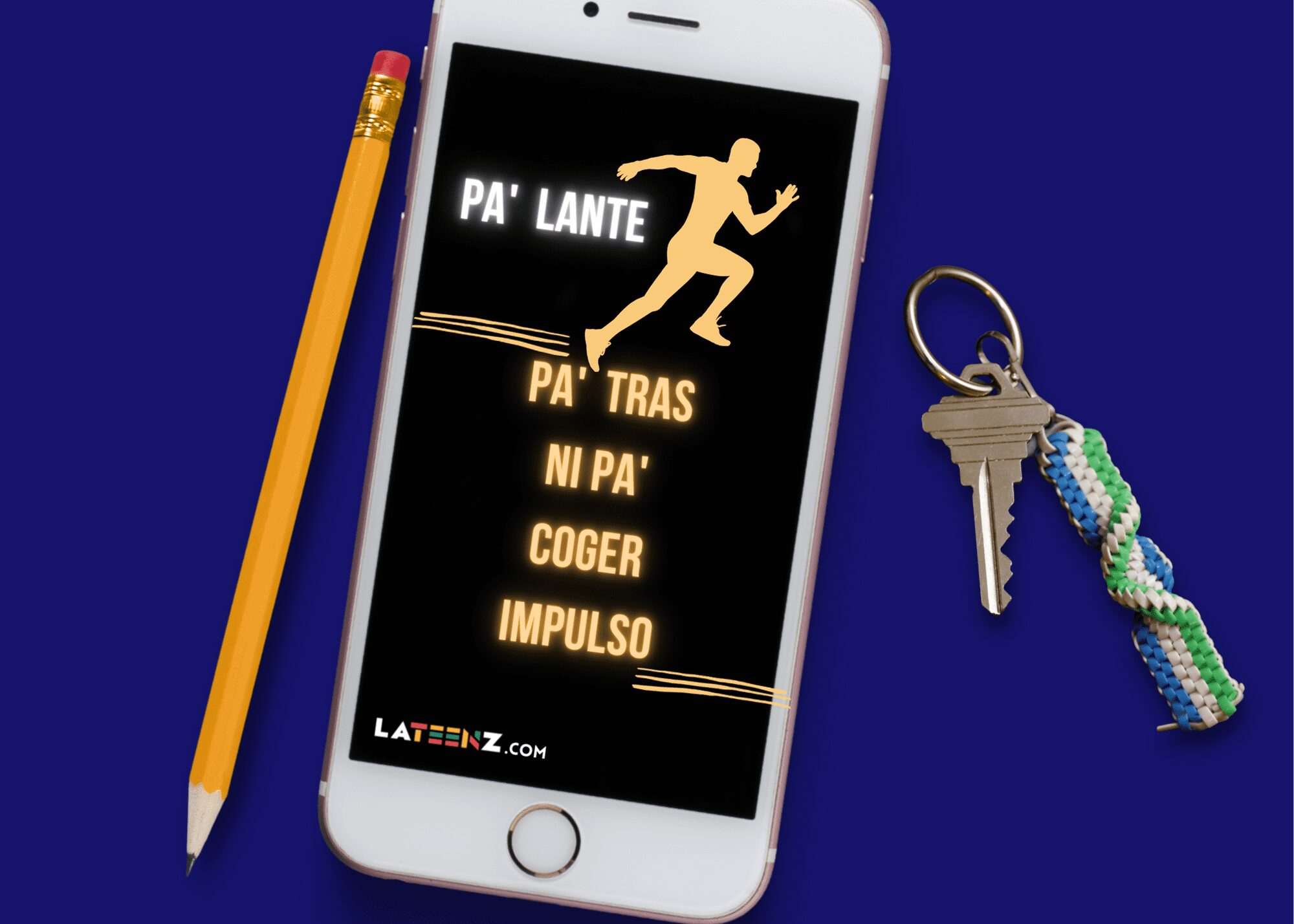 PlayFree “Pa’lante!” Phone WallpaperAugust 04
PlayFree “Pa’lante!” Phone WallpaperAugust 04
Most popular
-
 Student Life35 Top Science Competitions for High School StudentsJanuary 31
Student Life35 Top Science Competitions for High School StudentsJanuary 31 -
 Info / InspirationVoto Para La Mujer Quarter is a Major “Change”!July 29
Info / InspirationVoto Para La Mujer Quarter is a Major “Change”!July 29 -
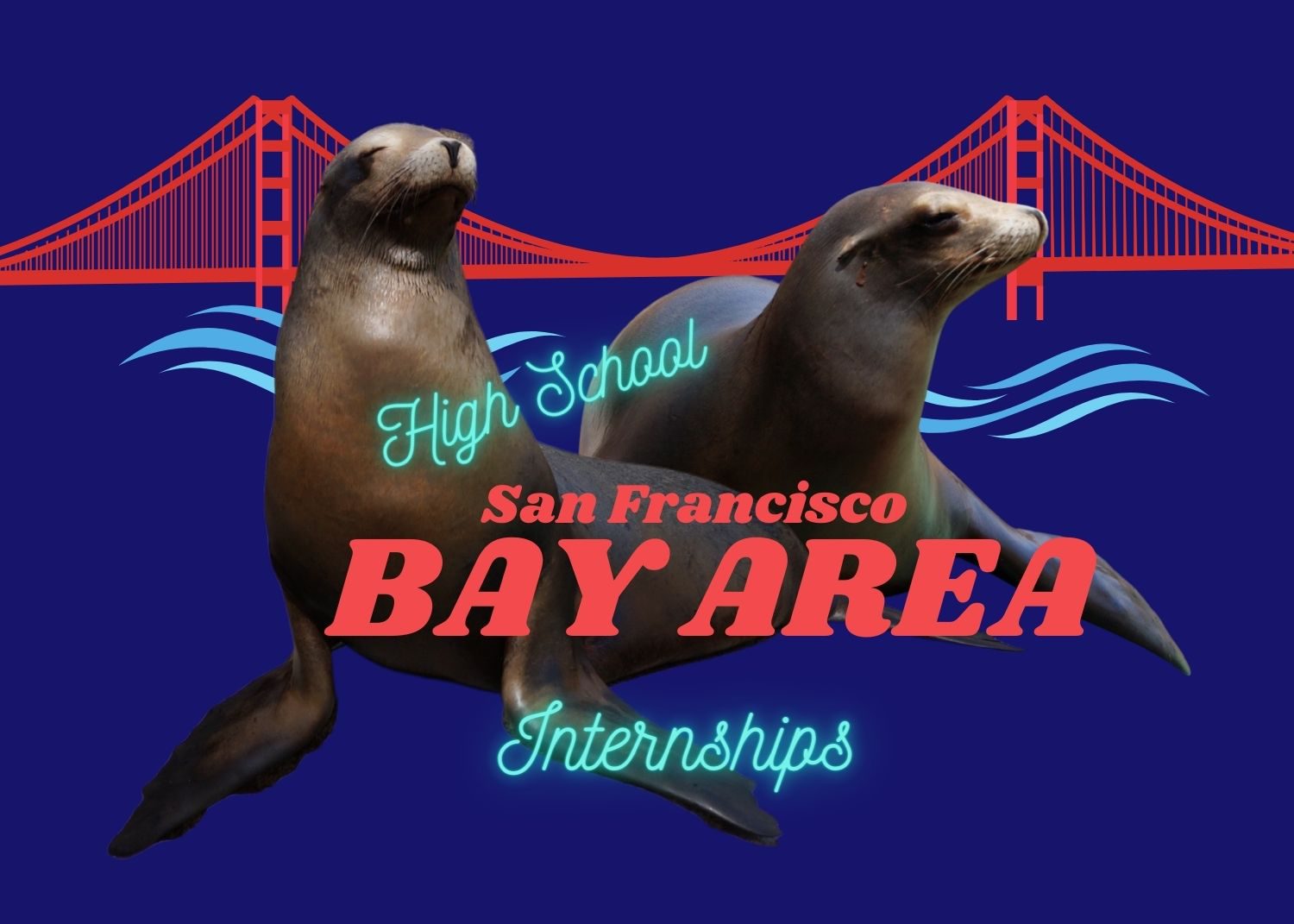 Student Life35+ High School Internships in the Bay AreaJanuary 22
Student Life35+ High School Internships in the Bay AreaJanuary 22 -
 Student Life90+ Best Writing Competitions for High School StudentsApril 13
Student Life90+ Best Writing Competitions for High School StudentsApril 13 -
 Student Life45+ Exciting Environmental Science Internships for High School StudentsOctober 18
Student Life45+ Exciting Environmental Science Internships for High School StudentsOctober 18

